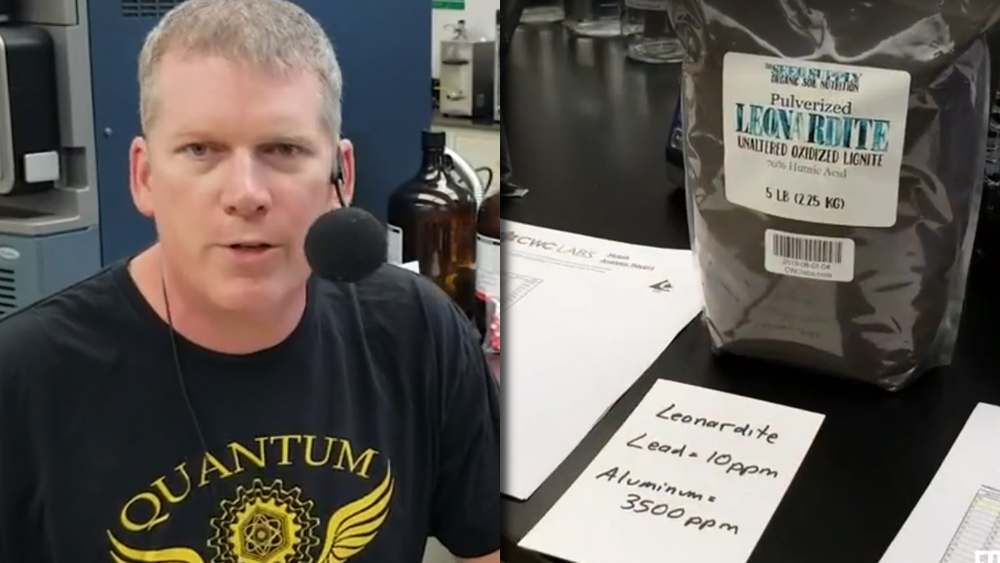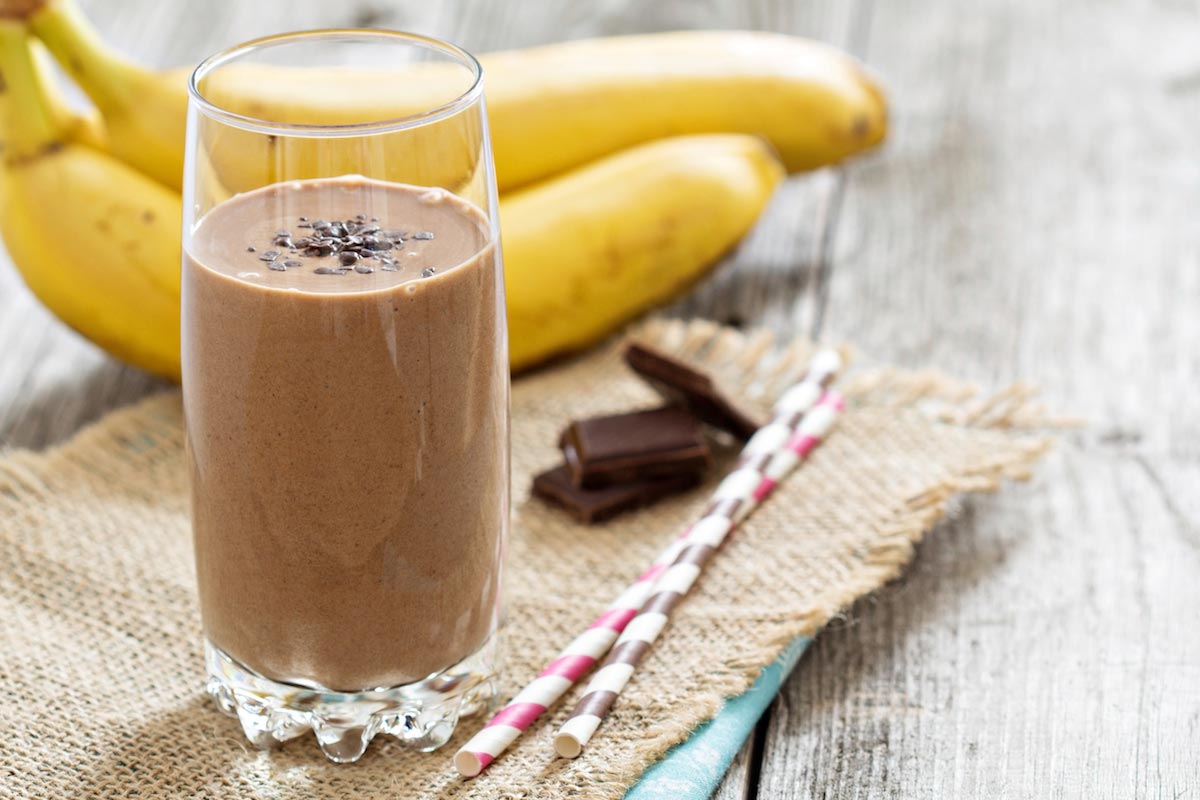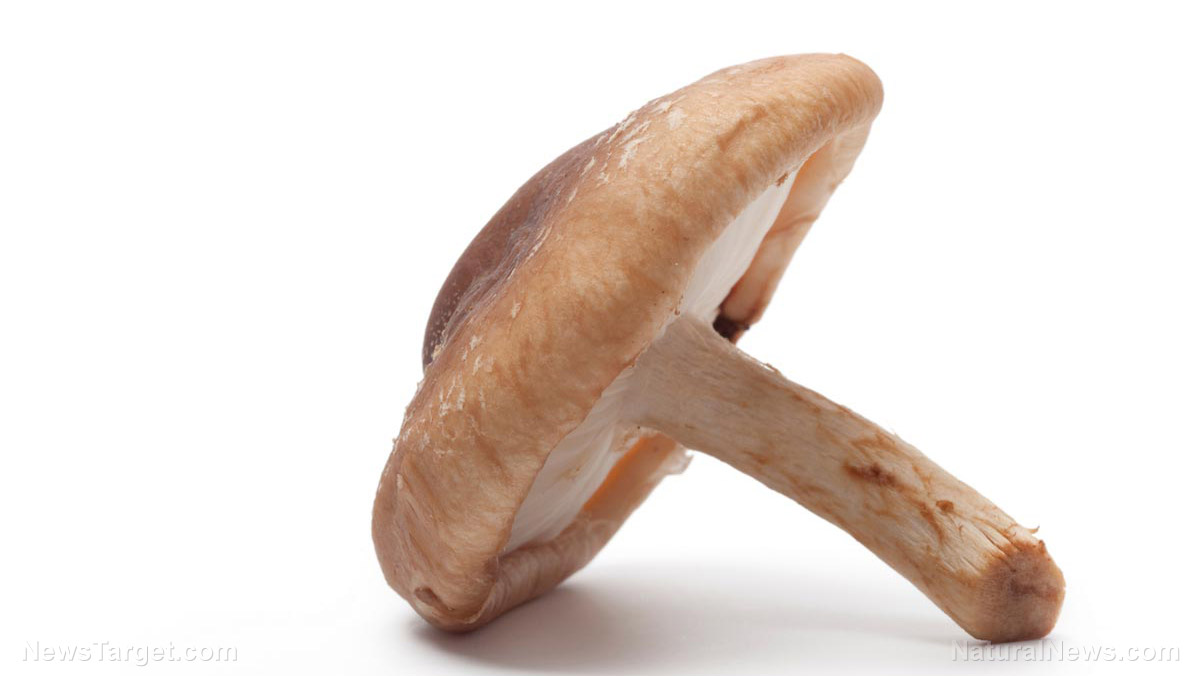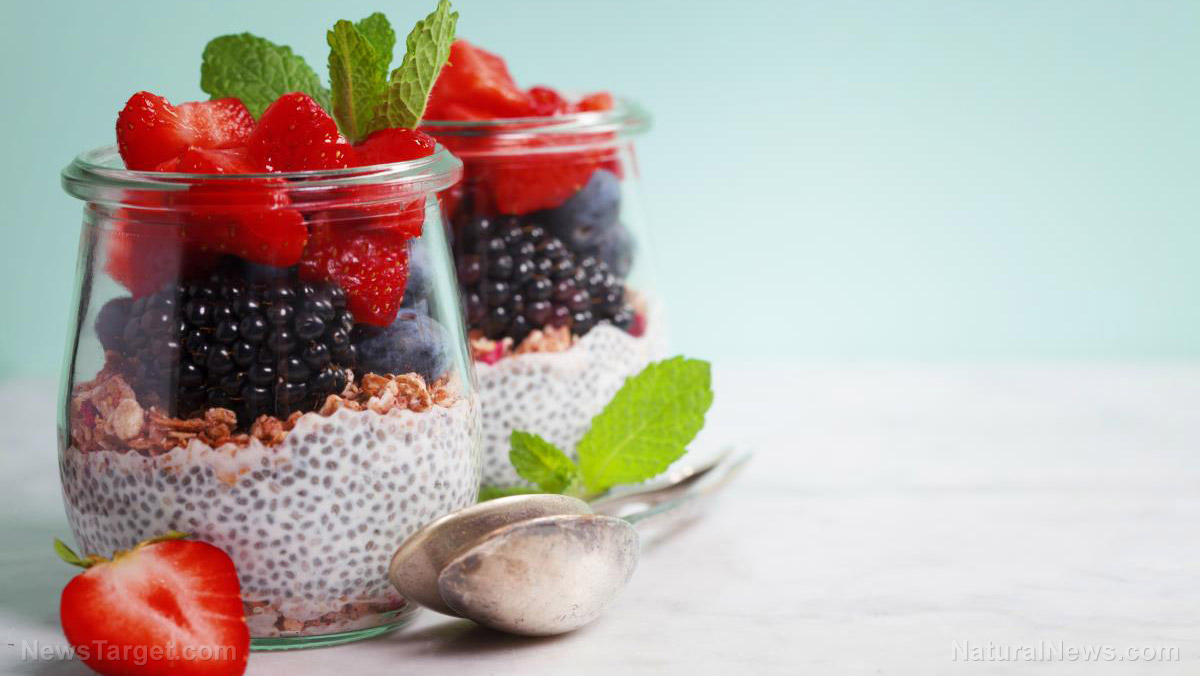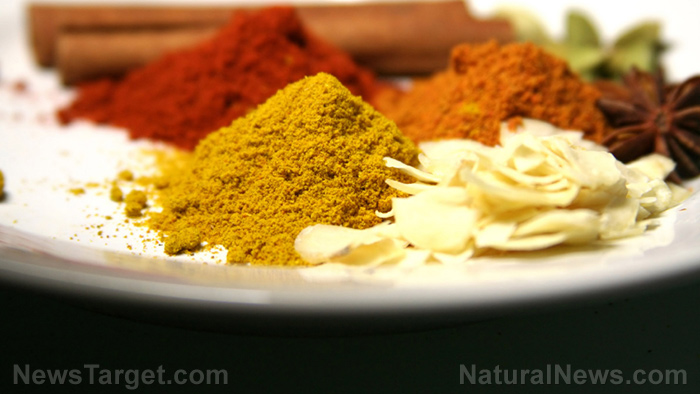Get more out of sesame seeds by unlocking their health benefits
08/18/2019 / By Melissa Smith

Sesame seeds are crunchy seeds with a delicious nutty flavor. They are often added to bread and bagels or incorporated into culinary presentations to add visual interest.
Sesame seed is the seed of Sesamum indicum, a plant that grows to about three to five feet tall. Flowers blossom then pod-shaped fruits appear on branches. As those fruit pods start to dry, they expose their seeds, which are edible and can be pressed for oil.
Sesame seeds come in various colors and must be hulled from their small hard shells. Sesame plants are among the oldest cultivated foods, originating 5,000 years ago in ancient India. They can flourish in any warm region regardless of rainfall amounts. They can withstand high heat with little water, making them almost tolerant of drought.
But more than their culinary uses, sesame seeds offer many health benefits. They were favored for medicine in ancient Egypt, according to 3,600-year-old scrolls. You only need a quarter-cup daily of sesame seeds to enjoy their health benefits.
What can you get from sesame seeds?
Sesame seeds are loaded with nutrients. They contain high amounts of magnesium and calcium – both of which are important for bone density, the nervous system, and heart health. Sesame seeds are also rich in copper, which helps prevent or relieve joint inflammation. They also contain high amounts of zinc, which boosts immunity and helps ensure prostate health.
You can also get phosphorus from sesame seeds. This mineral supports health in many ways aside from bone health. Sesame seeds also contain B vitamins and polyunsaturated fatty acids, as well as fiber — all of which aid in digestion and bowel elimination.
Sesame seeds are also a great plant-based source of protein. For every 3-tablespoon or 30 g serving of sesame seeds, you can get 5 g of protein. Protein is an important mineral that helps build everything, from muscles to hormones. It is a necessary building block for the body.
Because sesame seeds are low in carbs, while high in protein and healthy fats, they help in blood sugar control. In addition, these seeds contain pinoresinol, which is a compound that may help regulate blood sugar by inhibiting the action of the digestive enzyme maltase. Maltase breaks down the sugar maltose, which is used as a sweetener and is produced in the gut from digesting starchy foods like bread and pasta.
In addition, sesame seeds are also abundant in antioxidant plant sterols. Many studies have shown that phytosterols can help ward off some of the most common cancers. A study published in the journal Lung Cancer suggested that plant sterols could potentially reduce the risk for lung cancer by up to 50 percent.
Sesame seeds are also rich in lignans; a large review analysis found that sesame seeds contain 373 milligrams (mg) per 100 g, which is a hundred times higher than other dietary sources. Lignans have been studied for cancer prevention. Studies suggested that dietary lignans may protect against cancer, potentially through anti-estrogenic, anti-angiogenic, pro-apoptotic, and antioxidant mechanisms. Moreover, lignans in sesame seeds can improve liver function, fatty acid metabolism, and hormone balancing, according to a study published in the journal Recent Patents on Food, Nutrition & Agriculture. (Related: Sesame Seeds: the Most Powerful Seeds for Your Health.)
Ways to add sesame seeds to your diet
To bring out the nutty flavor of sesame seeds, toast them. You can toast them in two ways: dry toasting on a stove top or baking them in the oven. You can use sesame seeds as a condiment, sprinkling them on top of stir-fries, salads, and soups. You can also use untoasted sesame seeds to make tahini paste, which is an ingredient used in many Middle Eastern dishes.
Sources include:
Tagged Under: alternative medicine, anticancer, functional food, grocery cures, herbal medicine, ingredients, natural cures, natural ingredients, natural medicine, nutrients, nutrition, organics, prevention, remedies, research, seeds, sesame, sesame seeds, Sesamum indicum
RECENT NEWS & ARTICLES
COPYRIGHT © 2017 INGREDIENTS NEWS

